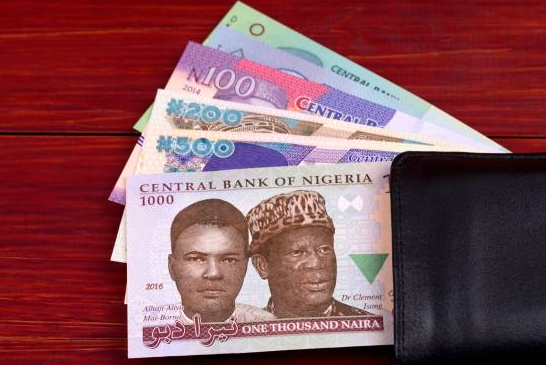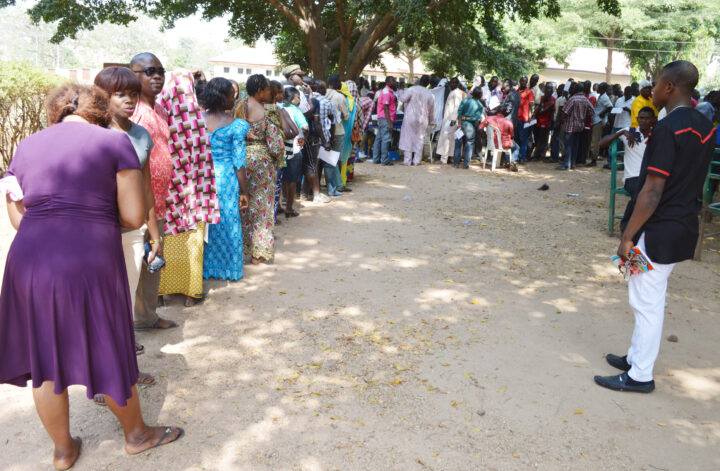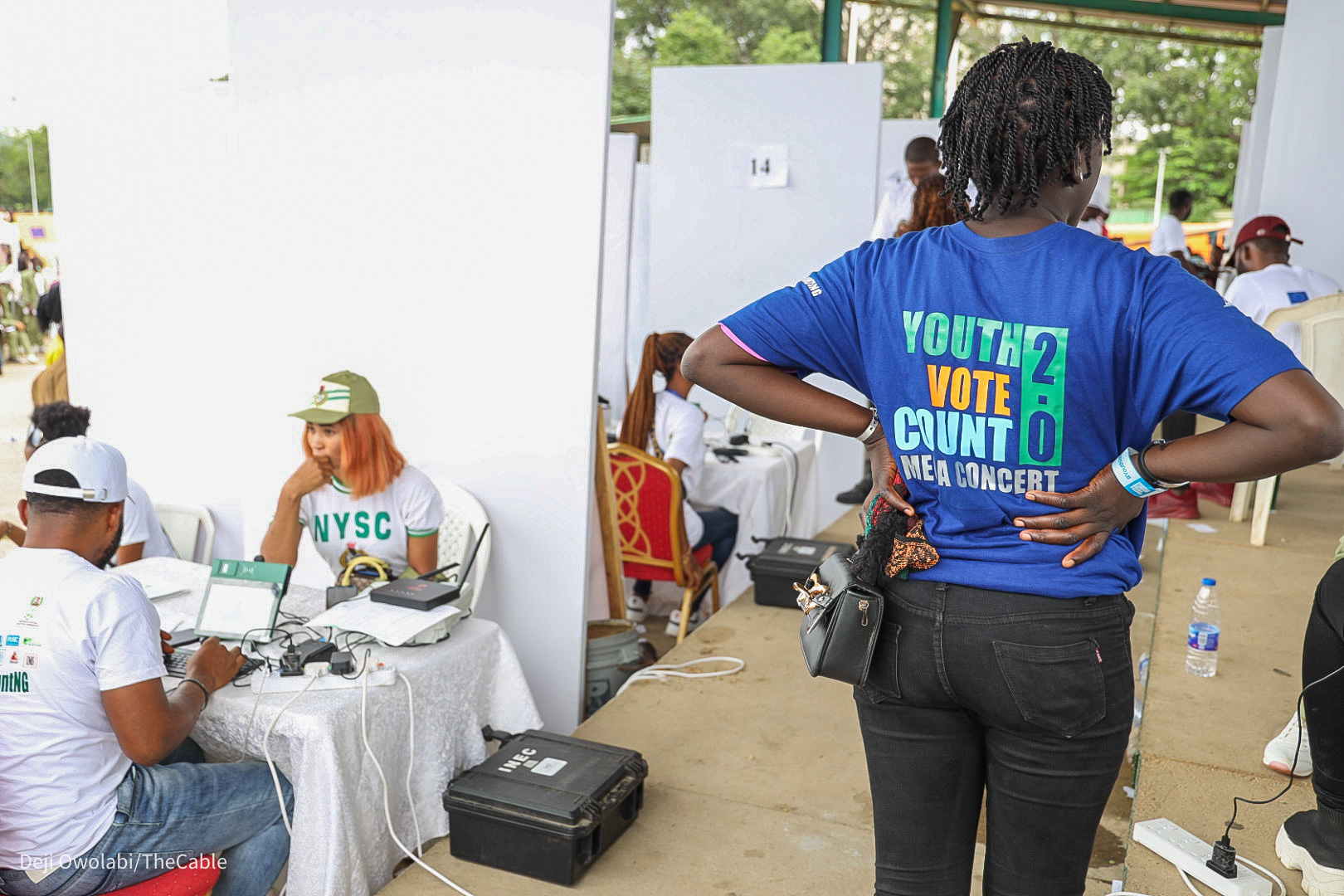The Central Bank of Nigeria (CBN) has redesigned some new naira notes.
Godwin Emefiele, CBN governor, said this at a press conference on Wednesday.
Emefiele said the new design and issues will be effective from mid-December 2022.
According to Emefiele, the new notes include N200, N500 and N1000.
Advertisement
He advised Nigerians to take old notes to banks to enable them withdraw the new banknotes once circulation begins.
Speaking on the motivation for the change, the CBN governor explained that the decision was reached due to persisting concerns with the management of the current series of banknotes, and currency in circulation — particularly those outside the banking system in Nigeria.
He said in recent times, currency management has faced several daunting challenges that have continued to grow in scale and sophistication with attendant and unintended consequences for the integrity of both the CBN and the country.
Advertisement
According to Emefiele, one of these challenges primarily include: significant hoarding of banknotes by members of the public, with statistics showing that over 80 percent of currency in circulation are outside the vaults of commercial banks.
He said as at the end of September 2022, available data at the CBN indicate that N2.73 trillion out of the N3.23 trillion currency in circulation, was outside the vaults of commercial banks across the country; and supposedly held by the public.
“Evidently, currency in circulation has more than doubled since 2015; rising from N1.46 trillion in December 2015 to N3.23 trillion in September 2022. This is a worrisome trend that cannot be allowed to continue,” Emefiele said.
Other challenges listed are; the worsening shortage of clean and fit banknotes with attendant negative perception of the CBN and increased risk to financial stability; and increasing ease and risk of counterfeiting evidenced by several security reports.
Advertisement
The apex bank’s governor added that recent development in photographic technology and advancements in printing devices have made counterfeiting relatively easier.
“In recent years, the CBN has recorded significantly higher rates of counterfeiting especially at the higher denominations of N500 and N1,000 banknotes,” Emefiele said.
“Although global best practice is for central banks to redesign, produce and circulate new local legal tender every five to eight years, the naira has not been redesigned in the last 20 years.
“On the basis of these trends, problems, and facts, and in line with provisions of sections 2 (b), section 18 (a), and sections 19, subsections (a) and (b) of the CBN act 2007, the management of the CBN sought and obtained the approval of President Muhammadu Buhari to redesign, produce, and circulate new series of banknotes at N200, N500, and N1,000 levels. In line with this approval, we have finalised arrangements for the new currency to begin circulation from December 15, 2022. The new and existing currencies shall remain legal tender and circulate together.
Advertisement
“Accordingly, all deposit money banks (DMBs) currently holding the existing denominations of the currency may begin returning these notes back to the CBN effective immediately. The newly designed currency will be released to the banks in the order of First-come-First-serve basis.
“Customers of banks are enjoined to begin paying into their bank accounts the existing currency to enable them withdraw the new banknotes once circulation begins in mid-December 2022. All banks are therefore expected to keep open their currency processing centers from Monday to Saturday so as to accommodate all cash that will be returned by their customers.
Advertisement
“For the purpose of this transition from existing to new notes, bank charges for cash deposits are hereby suspended with immediate effect. Therefore, DMBs are to note that no bank customer shall bear any charges for cash returned/paid into their accounts. Members of the public are to please note that the present notes remain legal tender and should not be rejected as a means of exchange for purchase of goods and services.”
Emefiele added that the redesign of the currency will help deepen CBN’s drive to entrench cashless economy as it will be complemented by increased minting of the eNaira.
Advertisement
This, he said, would further rein in the currency outside the banking system into the banking system, thereby making monetary policy more efficacious.
“Also, in view of the prevailing level of security situation in the country, the CBN is convinced that the incidents of terrorism and kidnapping would be minimised as access to the large volume of money outside the banking system used as source of funds for ransom payments will begin to dry up,” Emefiele added.
Advertisement







